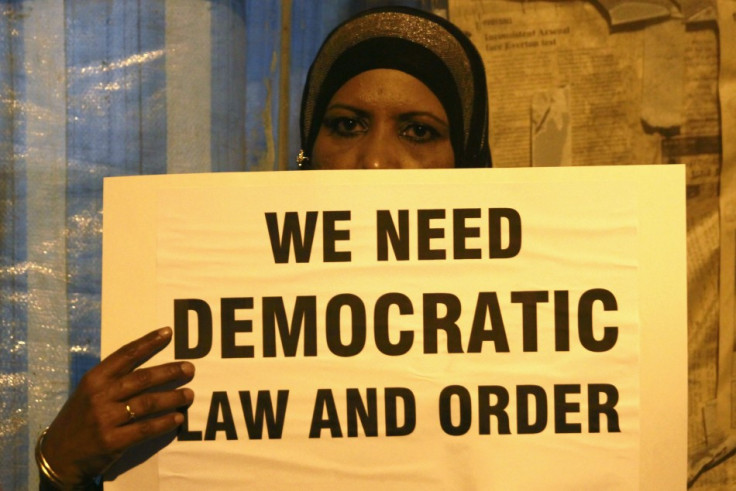Unrest in Maldives: President Resigns amid Controversy

In what must be a blow to the island country's hopes for a democratic future, the first elected president of the Republic of Maldives resigned on Tuesday afternoon. An Associated Press report quotes President Mohamed Nasheed as saying he did not want to "run the country with an iron fist".
The President's office, meanwhile, spoke in far stronger terms, suggesting there had been an organised political upheaval for three weeks, culminating in local law enforcement officials also joining the anti-government agitations. The country's Foreign Minister, Ahmed Naseem had, last month, written to the United Nations' Office of the High Commissioner for Human Rights (OHCHR) and the Commonwealth asking them to "urgently dispatch" a team of jurists.
The problems date back to the Army's arrest of a criminal court judge - Judge Abdulla Mohamed. The government, according to a BBC report, alleged the judge's decisions and professional behaviour had ulterior political motives and accused the country's judicial system, as a whole, of being biased on several occasions.
Army spokesman Colonel Abdul Raheem Abdul Latheef told AFP that troops had used tear gas and rubber bullets in clashes with protestors and police who had gathered outside the military headquarters in Male.
Meanwhile, former President Nasheed has reportedly handed over control of the government to Vice-President Muhammad Waheed Hassan. Furthermore, a statement on the government's Web site reads: "The government of the Maldives together with all state institutions will work to ensure peace and stability in Male. The government of the Maldives calls on people to remain calm and support to stabilise the situation."
© Copyright IBTimes 2024. All rights reserved.





















